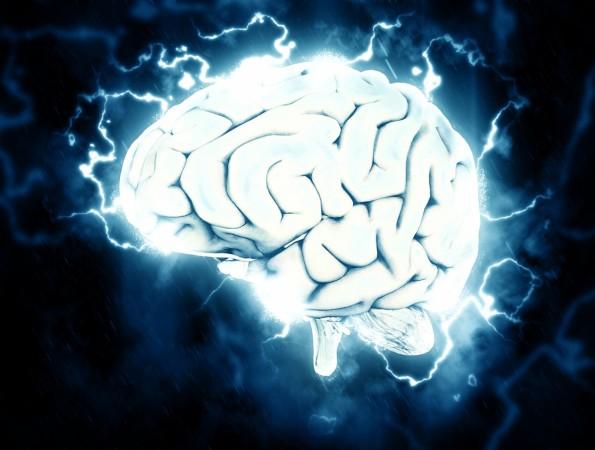
Could addiction be treated with brain implant? It could be any kind of addiction — gaming, gambling or binge-eating.
It seems unusual, but a team at the Stanford University Medical Center released a paper last month in the journal Proceedings of the National Academies of Sciences on the certain topic. According to the study, sending electrical signals to a specific part of the brain could predict some pathological behaviours.
Also read: Here's all you need to know about gaming disorder WHO is about to recognise as a mental illness
Led by Dr Casey Halpern, an assistant professor of neurosurgery, the study shows a distinct pattern of electrical pulse in the brains of mice turned out to be an effective treatment for some destructive disorders like binge eating.
"If you're going to binge or do anything that's impulsive or reward-based, you always have a sense that something is rewarding right before you do it — sort of like a craving," Halpern told NBC News.
Halpern and his team have tested the formula into the brains of mice. Having electrodes implanted into the mice's brains, the researchers delivered a 10-second electrical pulse to a certain region known for pleasure and reward, nucleus accumbens. And, this led to a dramatic depletion of the mice's overeating.
But, to try the similar formula in humans, researchers have observed a man who already undergone a brain implant surgery to treat his severe obsessive-compulsive disorder (OCD). And, they found similar kind of mechanism in his brain.
Therefore, they have come to the conclusion that human brain may indeed respond to stimulation of the nucleus accumbens. So, it could be possible to treat any kind of harmful addictive behaviour by using this mechanism.
"Imagine obese people or pathologic gamblers who are bankrupt, or even a depressed patient who has the impulse to commit suicide — some of these things are life-threatening or tremendously debilitating," Halpern said.
"I suspect not everybody, but you'd be surprised how many are willing to get these implants because it could improve their quality of life tremendously."
Dr Michael Bruchas, the Henry E. Mallinckrodt Professor at Washington University in St. Louis, called the study result "a pretty big advance."
"It may be the case that the brain doesn't have abnormal activity all the time. This allows you to fine-tune with more specificity. You can see when the brain is reaching a threshold and then you tune it back to a baseline or normal level of brain activity," said Bruchas.
On the other hand, a group of Finnish researchers has recently discovered that gambling addiction could be treated with a special nasal spray.

















